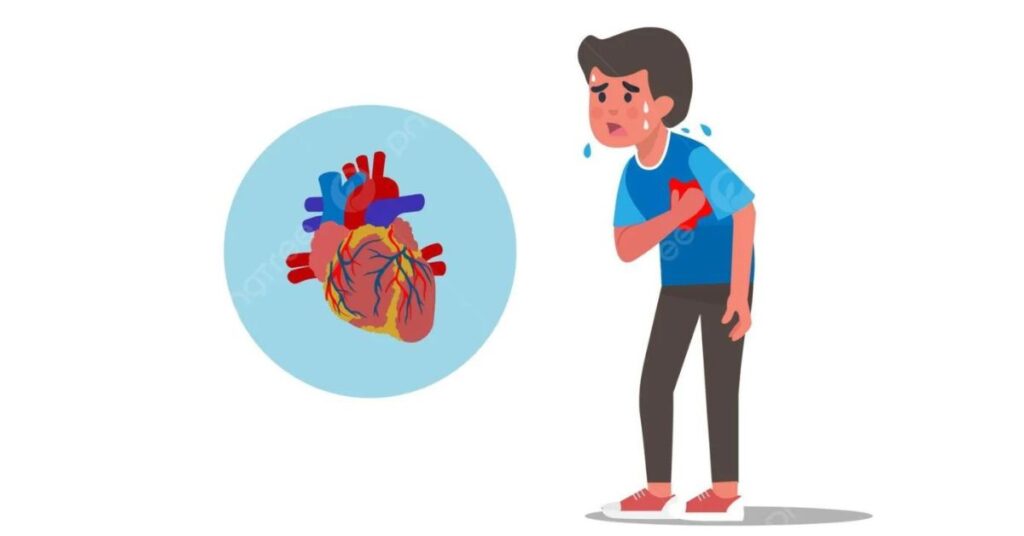During cardiac arrest, ACLS medications play a major role in resuscitation efforts. Epinephrine is used to increase blood flow and allow the return of spontaneous circulation. It works by stimulating alpha and beta-adrenergic receptors which leads to increased blood pressure, and coronary and cerebral blood flow.
Amiodarone, an antiarrhythmic drug, supports defibrillation in patients with pulseless ventricular tachycardia or fibrillation. It stabilizes the heart’s electrical activity and restores normal rhythm. Other medications like atropine, bicarbonate, and calcium are also used to manage asystole, pulseless electrical activity, and electrolyte imbalances.
You can also renew ACLS online to equip yourself with the knowledge and significance of these drugs. Let us explore the role of these medications further, in cases of cardiac emergencies.
1. What is the role of epinephrine in ACLS during cardiac arrest?
Epinephrine is recommended in ACLS guidelines as a central component of resuscitation efforts during cardiac arrest.
- It improves rates of return of spontaneous circulation (ROSC) and benefits in specific resuscitation scenarios.
- Intracoronary (IC) administration of epinephrine during cardiac arrest in the catheterization laboratory has shown promising results, with higher rates of ROSC, shorter time to ROSC, and improved neurological outcomes compared to intravenous (IV) administration.
2. Why is epinephrine administration linked to a decreased chance of successful resuscitation?
Epinephrine administration is linked to a decreased chance of successful resuscitation due to several factors:
- Cerebral Blood Flow:
Epinephrine can decrease cerebral blood flow and cerebral oxygenation. It can adversely affect neurological outcomes during resuscitation efforts.
- Trauma Patients:
In patients with out-of-hospital cardiac arrest following trauma, the use of epinephrine has been associated with decreased 7-day survival rates.
- Escalating Dosage:
Studies suggest that resuscitation success decreases with increasing doses of epinephrine. This makes it important to titrate the drug to an effective level.
3. How does atropine impact resuscitation efforts during cardiac arrest in ACLS?
Atropine plays a role in resuscitation efforts during cardiac arrest in Advanced Cardiac Life Support (ACLS) in the following ways:
- Vagolytic Effects:
Atropine, as a vagolytic agent, helps increase heart rate by blocking the action of the vagus nerve, which slows down the heart rate.
- Asystolic or Bradycardic Arrest:
Atropine is recommended for use early in the course of asystolic or bradycardic arrest, It helps treat these resistant forms of arrest.
- Timing of Administration:
Studies suggest that the timing of atropine administration during resuscitation efforts may be crucial for its effectiveness in improving outcomes.
4. What is the effect of bicarbonate administration in ACLS during cardiac arrest?
Bicarbonate administration in Advanced Cardiac Life Support (ACLS) during cardiac arrest is now limited to specific cases like hypokalemia or tricyclic antidepressant overdose. This is because recent guidelines do not recommend routine use due to safety concerns.
Studies challenge the assumption that bicarbonate is beneficial for treating acidosis during cardiac arrest. This is because it showed no significant improvement in return of spontaneous circulation (ROSC) or survival-to-discharge rates in adult cardiac arrest patients.
5. What role does calcium play in ACLS during cardiac arrest?
Calcium administration in ACLS is reserved for specific conditions requiring stabilizing effects on the heart. Here is the role of calcium in cardiac arrest:
- Hyperkalemia:
It helps counteract the effects of high potassium levels, which can cause dangerous arrhythmias.
- Hypocalcemia:
Corrects low calcium levels, essential for normal cardiac function.
- Calcium Channel Blocker Overdose:
Reverses the toxic effects of these medications on the heart.
- Improves Myocardial Contractility:
Calcium administration enhances the strength of heart muscle contractions.
- Stabilizes Cardiac Cell Membranes:
It helps prevent arrhythmias by maintaining proper electrical activity in heart cells.
6. How does lidocaine affect resuscitation outcomes in ACLS during cardiac arrest?
A retrospective cohort study and a meta-analysis have examined the effects of lidocaine on resuscitation outcomes in ACLS during cardiac arrest. The retrospective study found that lidocaine is associated with statistically higher rates of return of spontaneous circulation (ROSC), 24-hour survival, survival to hospital discharge, and favorable neurological outcomes as compared to amiodarone. The evidence suggests that lidocaine has a positive impact on resuscitation outcomes.
7. What is the impact of bretylium administration in ACLS during cardiac arrest?
Bretylium administration during Advanced Cardiac Life Support (ACLS) in cardiac arrest has shown positive outcomes. Here is the impact:
- Studies indicate that bretylium improves resuscitation rates compared to placebo, with a 30% survival rate in patients with ventricular fibrillation or asystole.
- It has anti fibrillatory properties which increase the chances of successful resuscitation.
- Bretylium administration is also associated with a reduced recurrence of ventricular fibrillation or tachycardia as compared to lidocaine and saline.
Conclusion
ACLS medications like epinephrine, atropine, bicarbonate, calcium, lidocaine, and bretylium play crucial roles in resuscitation during cardiac arrest. While each medication has specific mechanisms and indications, their timely and appropriate administration impacts patient outcomes. Understanding the effects and proper use of these medications is essential for healthcare providers involved in resuscitation efforts. So, when you renew ACLS online, you not only understand the mechanism of these vital drugs but also ensure optimal patient care during critical situations.








1 thought on “How do ACLS medications work during cardiac arrest?”